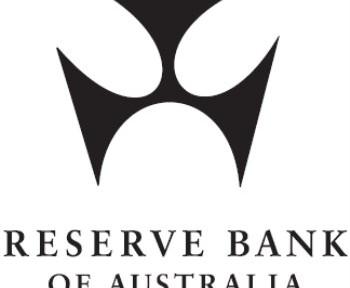- Home
- >
- Market Rumours
- >
- RBA: The next central bank to ease?

RBA: The next central bank to ease?

Speculation is high that the Reserve Bank of Australia (RBA) will be the next central bank to ease monetary policy at its meeting this week following a month of surprise policy changes across the globe.
January saw unexpected loosening measures from a handful of central banks including Denmark, India and Singapore against a backdrop of increasing deflationary pressures as crude oil prices continue their descent.
"Judging by price action in the market, there is a real belief the RBA are going to join New Zealand, Europe, Denmark, Switzerland and Canada in easing policy," said Chris Weston, chief market analyst at IG in a note last week, adding that swaps markets are now pricing a 65 percent chance of a rate cut.
The RBA has held rates at 2.5 percent since August 2013.
The case for a cut
Many analysts expect the RBA to announce a 25 basis-point interest rate cut at Tuesday's policy meeting to tackle 6 percent unemployment and sliding iron ore prices, one of the country's biggest exports.
Comments by Australian journalist Terry McCrann last week that a rate cut is "almost certain" heightened expectations, sending the Australian dollar to fresh five-and-a-half year lows at 77.22 U.S. cents on Friday. McCrann, a long-time RBA watcher, reasoned that the RBA will forecast inflation to be lower than the mid-point of its 2-3 percent target range, opening the way for further easing.
Data last week showed annual inflation at 1.7 percent for the last three months of 2014, the lowest level in over two years.
"While that's not low enough to provide a smoking gun to justify a rate cut, it's benign enough to provide plenty of scope for the RBA to cut in order to provide a boost to the economy," said Shane Oliver, head of investment strategy and chief economist at AMP Capital in a note.
Weakening the Australian dollar could be the primary motivation for a rate cut, Oliver added. Governor Glen Stevens stated in December that a level of 75 U.S. cents would be fair value and the currency certainly seems to be headed down that path after depreciating 4 percent in January. If the RBA wants to see a continued broad based decline in the currency's value, it will have to join the easing party, Oliver said.
However, some experts warn that a rate cut may only arrive in March.
"There is every chance we will see rates unchanged, but the RBA changing the last paragraph in their statement, removing the key phrase 'on present indications, the most prudent course is likely to be a period of stability in interest rates' to something more dovish like there is some scope to ease," Chris Weston at IG explained. He expects this shift in language will reflect a clear signal for a rate cut next month.
Not so fast! Watch housing
HSBC is one of the few major banks calling for no change on Tuesday, arguing that the RBA remains too concerned with the housing market.
"In deciding whether to cut further, the RBA also needs to weigh the benefits of lower rates against the potential costs of over-inflating the housing market. We think this trade-off will see the RBA sit still with its 2.5 percent cash rate, rather than cut, but it is close," said economist Paul Bloxham in a report.
He believes the RBA's record-low rates are already working to boost economic activity, pointing to an 8 percent increases in housing prices during December.
"A key challenge for the RBA is that house price growth has been outpacing household income growth for some time…interest rate cuts could risk pushing housing price growth even faster and driving a housing bubble."
Varchev Finance
 Varchev Traders
Varchev Traders If you think, we can improve that section,
please comment. Your oppinion is imortant for us.






